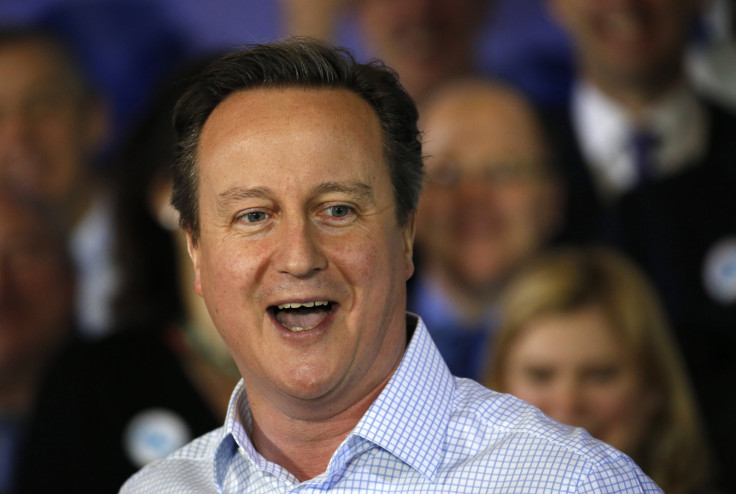Will Britain Leave The EU? Brexit Would Take Decade And Hurt Millions, Official Report Says

If the United Kingdom chose to leave the European Union, that so-called Brexit would be a painstaking, decadelong process that would hurt everything from financial markets to the value of the British pound, the government's first official analysis of the possibility has predicted.
“A vote to leave the EU would be the start, not the end, of a process. It could lead to up to a decade or more of uncertainty,” said the Cabinet Office's report, which was viewed first by the Guardian. The report comes just over a week after Prime Minister David Cameron set June 23 as a date for a vote on the U.K.'s membership in the EU.
That process, if Britain were to leave the 28-member bloc, would require the U.K. to negotiate and establish new agreements for trade with more than 50 other countries and resolve a host of other issues, ranging from health insurance to fishing rights in the North Sea to car manufacturing and farming, the report noted.
The question of whether the U.K. should leave the EU has created a rift within the government. Two competing campaigns have sprung up as a result: “Britain Stronger in Europe” and “Vote Leave.” Arguments for both outcomes hinge on factors like trade — if the Britain stays in the EU, it avoids red tape and certain tariffs, but if it leaves, it can secure independent trade deals with countries like India and China, for instance — as well as concerns about the EU budget, other regulations and immigration.
“This government analysis shows that leaving the EU would lead to a decade of damaging uncertainty. The risks to our economy are clear and would leave the jobs and prosperity of the British people dangerously exposed,” Matt Hancock, the Cabinet Office minister, said.
Chris Grayling, the head of the House of Commons and a cabinet minister who favors leaving the EU, has countered: “The real uncertainty is voting to stay in an EU which is already struggling with the euro crisis, the migration crisis, and a youth unemployment crisis. It is safer to take back control and spend our money on our priorities.”
Scottish First Minister Nicola Sturgeon wrote in the Guardian Monday that the government there saw remaining in the EU as “in the best interests of Scotland.” Emphasizing the social benefits of EU membership over the economic ones, she pointed to anti-discrimination protections established by the EU, along with parental leave and a 48-hour workweek. “The EU is not simply an economic union; it is so much more than that,” she added. “Being part of the EU is also about solidarity, social protection and mutual support.”
© Copyright IBTimes 2025. All rights reserved.





















